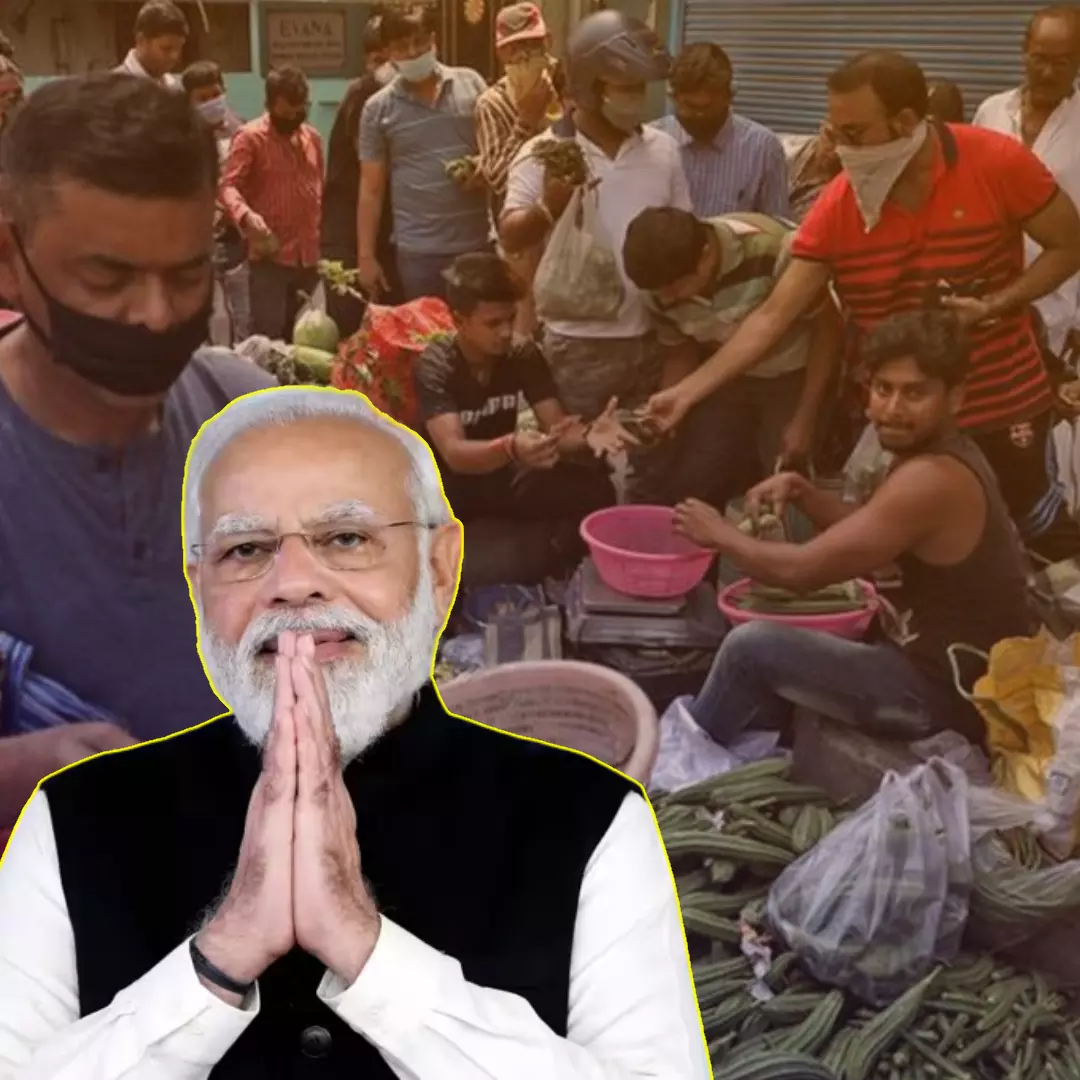PM SVANidhi Scheme Empowered Street Vendors Post-COVID: Report
Writer: Ankita Singh
A literature lover who likes delving deeper into a wide range of societal issues and expresses her opinions about the same. Keeps looking for best-read recommendations while enjoying her coffee and tea.
India, 25 Oct 2023 10:28 AM GMT
Editor : Al Arafat Sherfuddeen |
Passionate writer about current events, politics and happenings nationally and globally. An agent of communal harmony and an ardent Arsenal fan.
Creatives : Ankita Singh
A literature lover who likes delving deeper into a wide range of societal issues and expresses her opinions about the same. Keeps looking for best-read recommendations while enjoying her coffee and tea.
The report highlighted that 43% of women beneficiaries in the scheme indicated empowerment of entrepreneurial capabilities among urban females.
The Prime Minister Street Vendor's Atma Nirbhar Nidhi (PM SVANidhi) Scheme, one of the largest urban micro-credit programs globally, has empowered urban micro-entrepreneurs, particularly women, according to a report by SBI Research. Launched on June 1, 2020, the scheme provides collateral-free working capital loans of up to ₹50,000 to street vendors impacted by the COVID-19 pandemic.
The report highlighted that 43% of women beneficiaries in the scheme indicated empowerment of entrepreneurial capabilities among urban females. The study also revealed that 68% of loan recipients repaid the first loan of ₹10,000 and took a second loan of ₹20,000, while 75% repaid the second loan of ₹20,000 and took a third loan of ₹50,000, reported NDTV.
Following disbursement of loan installments, the average debit card spending of PM SVANidhi account holders increased by 50%, and 61% of loan recipients who were previously not spending began to spend actively. Moreover, 63% of individuals aged below 25 and above 60 increased their spending after loan disbursement, and around 30% of those receiving the second and third loan installments became active spenders.
The PM SVANidhi scheme has influenced spending and digital transaction behaviors, similar to PMJDY depositors, among marginalized populations. The study also noted that PMJDY account holders mainly spend on essentials, while PMJDY with SVANidhi account holders allocate funds towards consumeristic expenses.
The report estimated that around 30% of beneficiaries have been new to credit/deposit in the last nine years, contributing approximately 8% of incremental credit growth. In terms of deposits, 42% of new accounts opened were attributed to PMJDY and Sukanya Samriddhi Yojana (SSY). The study suggested that formalization through government schemes has contributed to 6% of the incremental GDP growth during FY14-23 and is likely to sustain credit growth.
The PM SVANidhi Scheme has been instrumental in supporting marginalized urban micro-entrepreneurs and fostering financial inclusion.
Also Report: "India Making It Unbelievably Difficult...": Canada PM Justin Trudeau Amid Ongoing Diplomatic Row
 All section
All section















